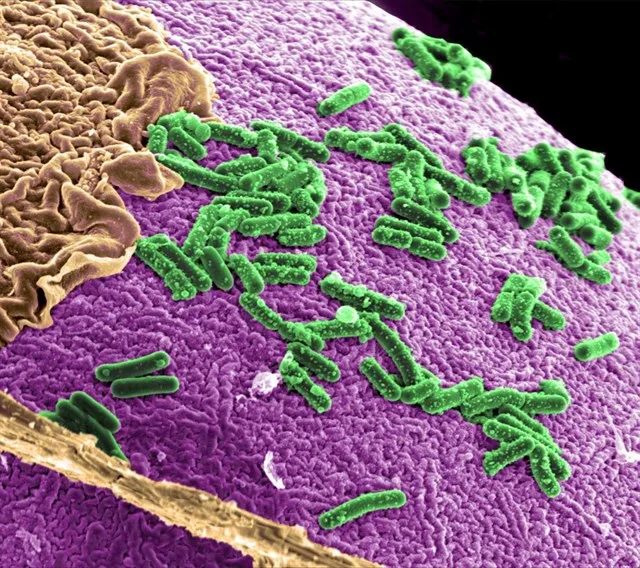Researchers at the University of Eastern Finland have discovered that high levels in blood from indolpropionic acid, a metabolite produced by intestinal bacteria, can be associated with a lower risk of type 2 diabetes.
The production of this compound can also be reinforced by a diet rich in fiber and the authors of this work, which publishes in its latest issue in the magazine 'Scientific Reports', believe that this finding shows the beneficial role for the health that can playThe intestinal microbiota.
The study compared two groups that participated in a Finnish study of diabetes prevention, whose 200 participants were overweight and an alteration of glucose tolerance at the beginning of the study.
The authors measured the profile of different blood metabolites both in the participants who ended up developing diabetes during the first five years of follow -up and in those who, on the other hand, were still free of disease after 15 years.
Thus, they saw that the greatest differences in the metabolic profiles of those who developed type 2 diabetes and those that were not observed in the concentrations of the indolo -economic acid and certain lipid metabolites.
Indolopropionic acid is a metabolite produced by intestinal bacteria, but a diet rich in cereals or fiber also increases its production, and its greatest concentration in blood seemed to promote the secretion of insulin by pancreatic beta cells, which could explain that effectprotective.
After these data, the authors wanted to see if this association between Indolopropionic acid and the risk of diabetes was also observed in two other studies, finding that it was equally beneficial against the disease.In these new research they also identified other new lipid metabolites whose high concentrations was associated with an improvement in insulin resistance and a lower risk of diabetes.
In addition, the concentrations of these metabolites were also associated with dietary fat and the lower the amount of saturated fat in the major diet were their levels.And like indolpropionic acid, these high concentrations also seemed to protect against low -degree inflammation.
"Our studies suggest that Indolopropionic acid can be a factor that mediates in the protective effect of diet and intestinal bacteria," according to Kati Hanhineva, author of the study.


